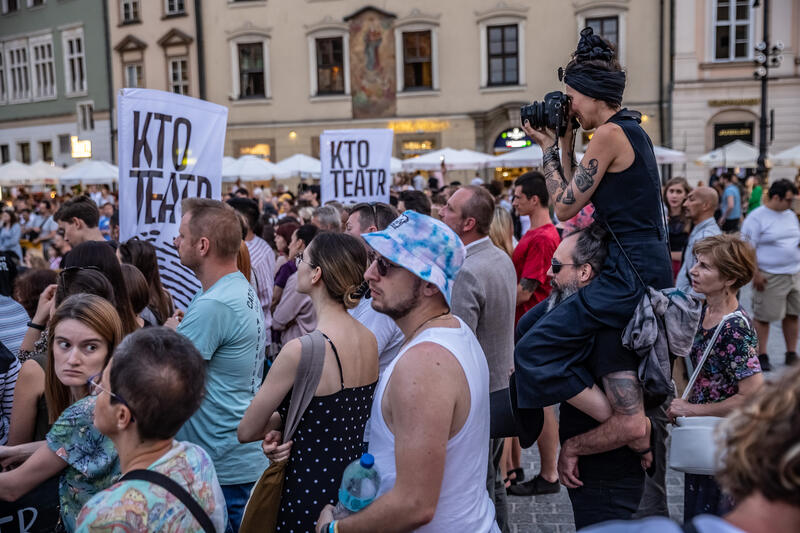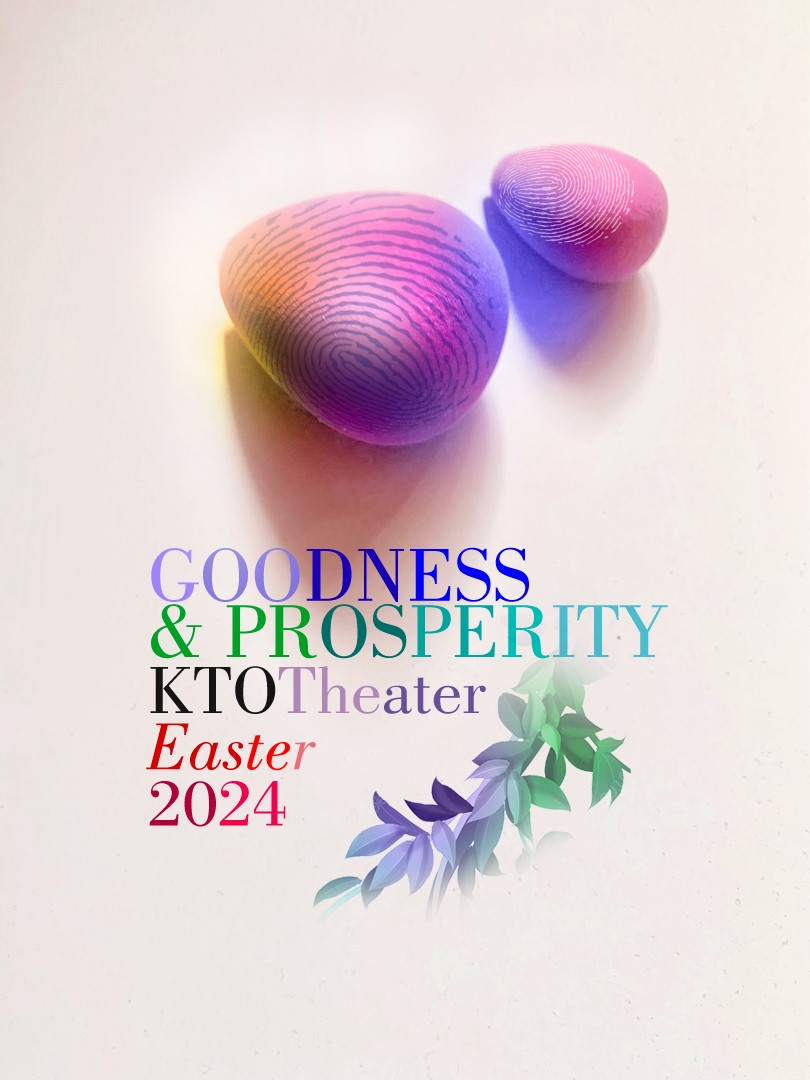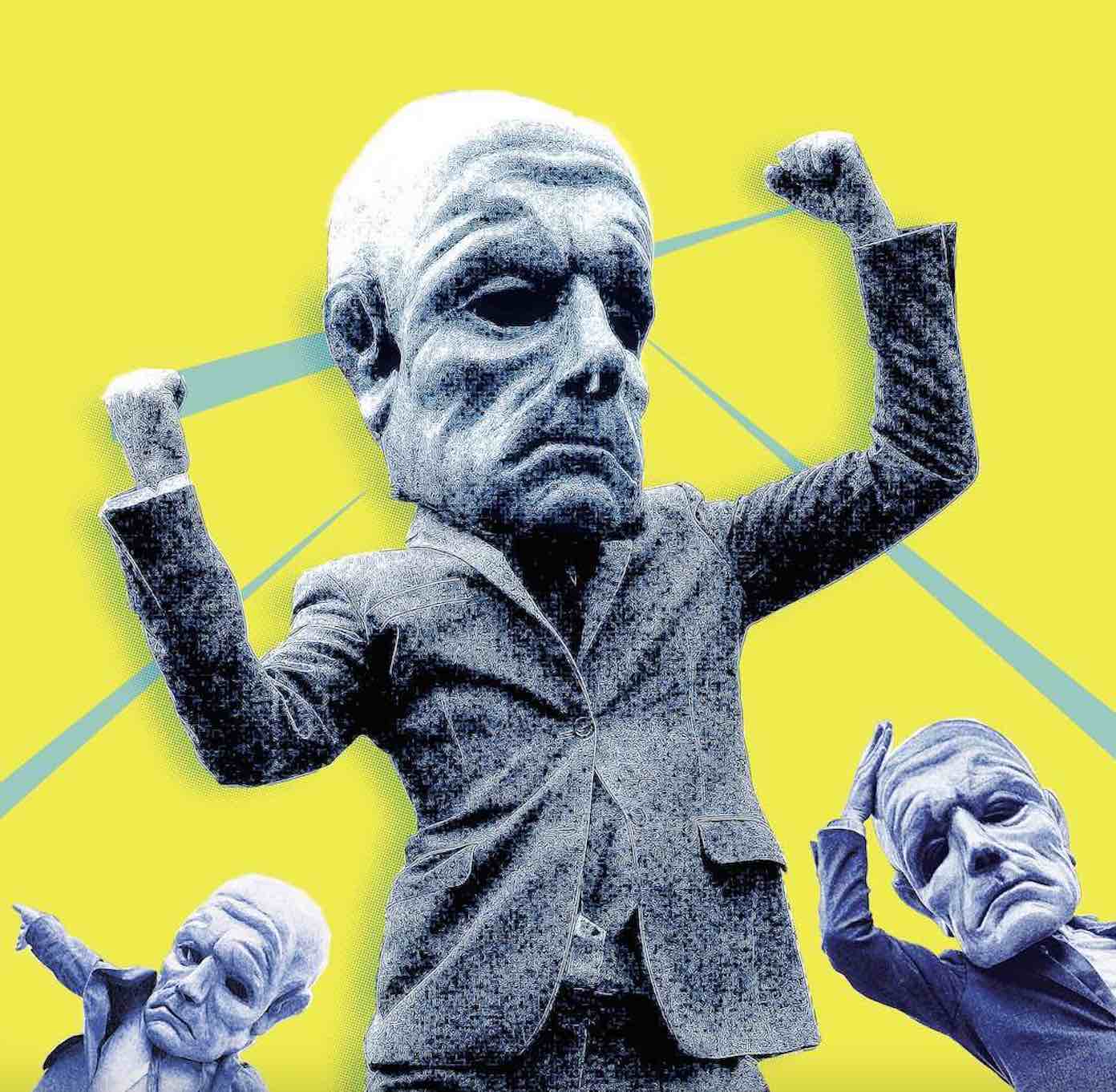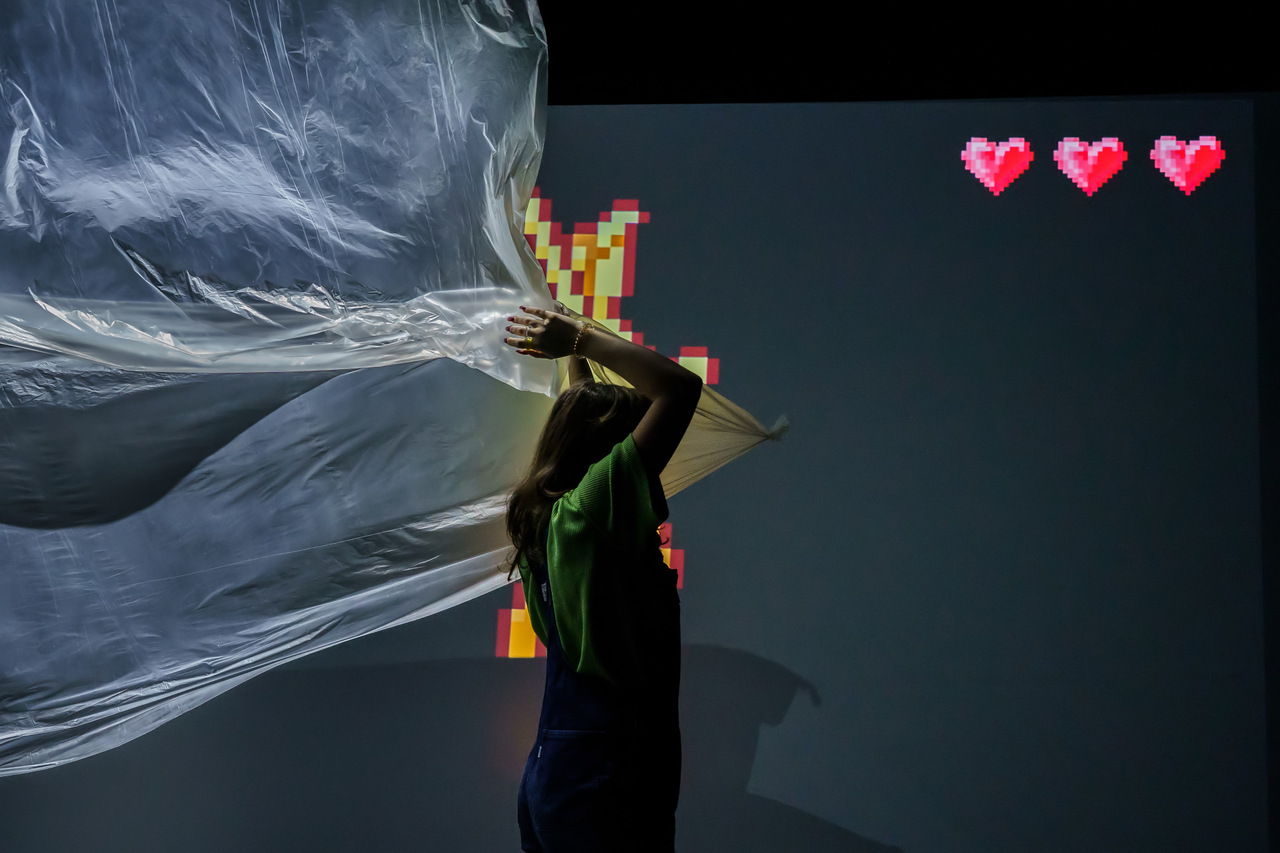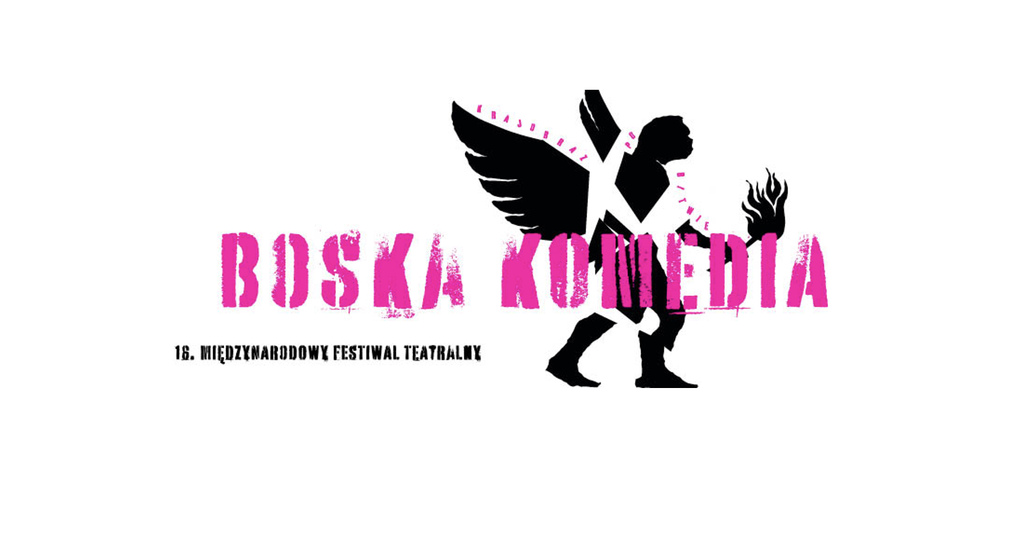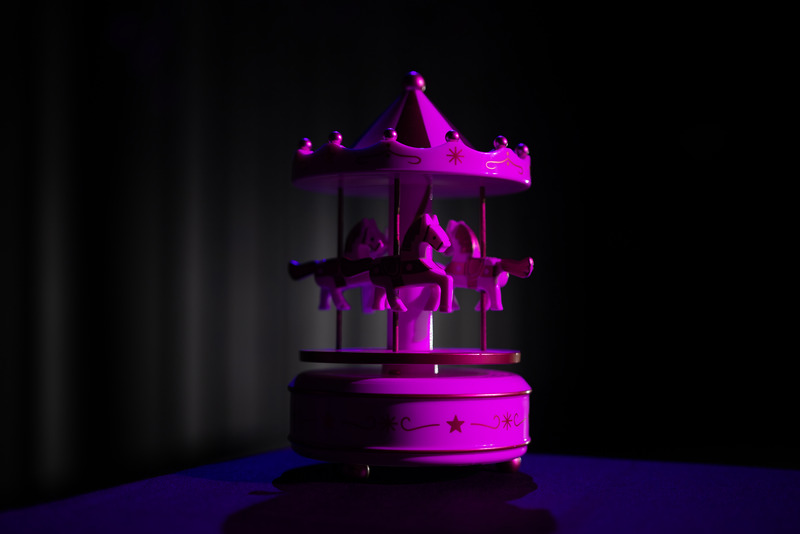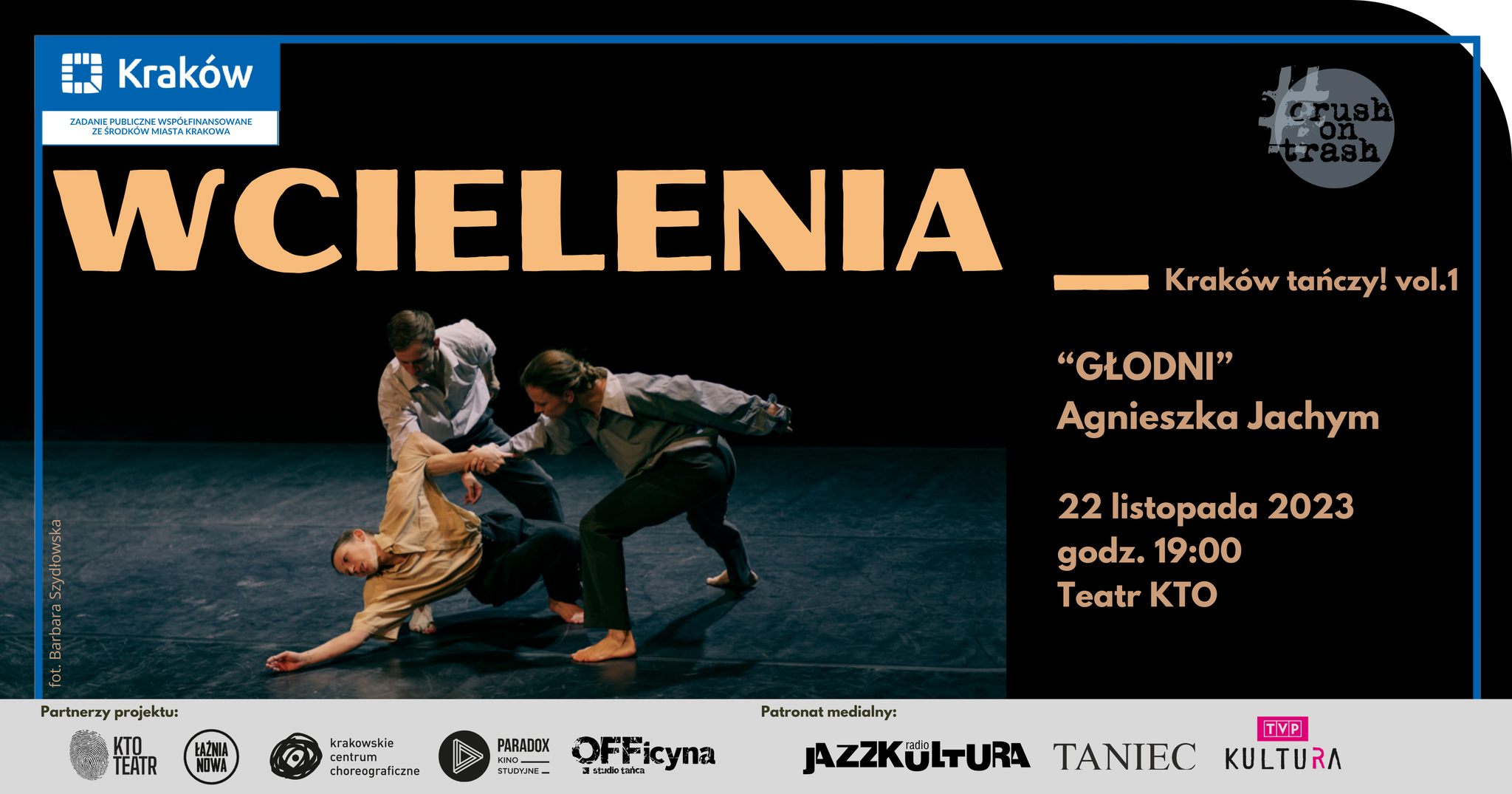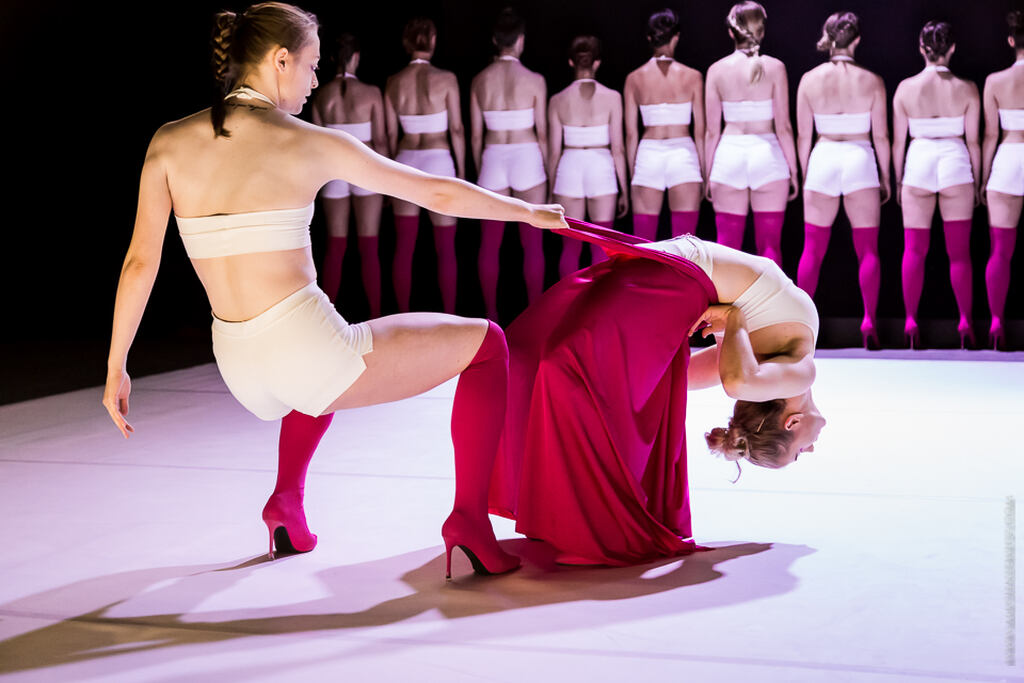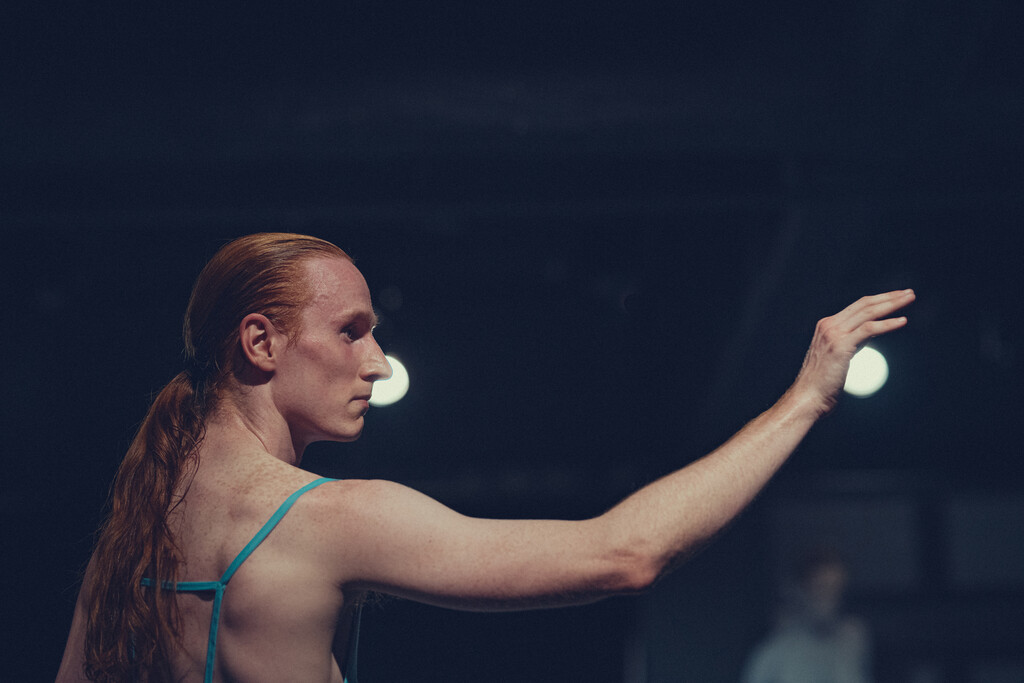What? Anything. Whatever is at hand, under the eye, just a step away. Strangely enough, any worthless object will be enough. Even a chair. But an ordinary one, not a masterpiece of carpentry and woodcarving, nor a miracle designed by Stanisław Wyspiański. No. A poor chair, as Tadeusz Kantor would say. A grey, mute chair of which no one expects anything as long as it does not collapse under the weight. Eighty years ago, maybe even earlier, the mother of Kazimierz Wiśniak, famous Polish stage designer, painter and graphic artist, took a poor chair from the kitchen of the family home at 72 Przejazd Street in Łódź and placed it on the sidewalk, so that her son could comfortably open his mouth more and more widely at the sight of magic and unearthly tricks of wandering jugglers.
So, such a humble chair is enough. A chair or an ordinary street or park bench. Even less than a bench. A bench which is not complete as it has no backrest. Just an ash-colored board, a simple seat on four legs. How many objects of this mediocre kind can be seen in the story of the KTO Theatre’s “Arcadia”? Eight? Ten? And among those who have flopped down to rest on those long, ash-colored benches, does anyone expect that the mediocrities on which they are sitting will in a moment transform into elements of a theatrical tale about lost time, into a piece of furniture of nostalgic sleep, into something completely different from what it seems to be at first glance?
KTO will perform “Arcadia” soon, at the beginning of July. It will play at the 36th International Street Theatre Festival, for which Jerzy Zoń has composed a nostalgic motto: “The joy of a backyard regained”. A return then. From July 6 to July 9 we will have four days of returns to the times when the backyard was a magical place that could become anything with a snap: a medieval battlefield, a petrified lake, a sliver of the moon. Anything – for a magical snap, for a look that is never shallow, for one child’s leap of imagination. Those backyard transformations! When in a fraction of a second a backyard clothes horse became the mast of Columbus’ ship, a lid of the pot turned into a shield of the knight at the battle of Grunwald, and a long stick into a double-edged sword or a sleeping viper. For many years now, jugglers, especially those operating in the so called “suitcase format”, have been invited by Jerzy Zoń to subsequent festivals of street theatre, and similarly in the squares and alleys of Kraków they transformed ordinary things into something unexpected. This time such transformations will probably happen more frequently than ever. I am not going to list all the theatre companies that will come to Krakow, just as a long time ago their juggling ancestors arrived in Przejazd Street in Łódź and appeared in front of the house at number 72. How did the forefathers know that this little boy, whose mother brought a chair from the kitchen, would one day transform their street circus wonders into fantastic shapes of great theatrical shows?
No, I am will not list all the companies. It is enough to say that they will come from everywhere. From Argentina and France, Spain and Hungary, Finland and Lithuania, finally from Slovakia and, of course, from Poland. I may have missed some countries. Anyway, they will come from everywhere and perform in any poetics and in any state of aggregation of street theatre art. Stilt walkers and puppet masters, clowning virtuosos and dancers, acrobats and artists walking in a more regular way, mimes and those who like to talk, impressionists and fathomless storytellers, light-hearted improvisers and serious worshipers of perfection. Everyone, from everywhere. Yet, every wandering troupe is lined with Zoń’s motto, a phrase about the joy of a regained backyard that can become everything as long as people regain the child’s ability not to glance shallowly but to look into the very bottom and beyond superficial obviousness.
That’s how Antoine de Saint-Exupéry was able to cast his eye. While still a boy, he drew a shape and asked the adults if the shape scared them. They said, “Why should a hat be scary?” Shallow glances, shallow reality. What was the little one supposed to do? He drew a cross-section of a “hat” and showed the bottom of superficial obviousness. Shallow eyes suddenly saw an elephant swallowed by a boa constrictor. Did they feel stupid?
“The very moment when a woman shrank and curled her body to fit inside a small cube caused me pain, and the imaginary blood filling the chest to the brim almost made me faint.” This is how, centuries later, Kazimierz Wiśniak recalls the moment when, as a boy, he absorbed an old trick of travelling jugglers in the street in front of his family house, using swords to pierce a chest with a woman locked inside. There was no blood, of course… How was it possible, since he had seen it! And even if he couldn’t see it, he clearly sensed it! Knowing her son and being sure that at the sight of invisible blood flowing out through the cracks of the chest he would inevitably collapse unconscious, she brought him a kitchen chair to the street. But that didn’t help. A moment later it was even worse. I mean – much, much more beautiful.
Little Wiśniak, frozen on a chair, his mouth wide open, was approached by a giant strongman who lifted the sitting boy high, very high. He then put one leg of the chair on his forehead and, decorated in this way, he walked up and down the street. For the one who was dying of delight at the top, that moment was an eternity. In the early spring of 1995, Wiśniak made a drawing of it for himself. This portrait of one dizzying second of his childhood, of his recovered backyard drawn in a few unmistakable strokes, could be the signature of this year’s edition of the ULICA Festival.
Take a look. At the bottom there is a mustachioed strongman. On his forehead turned up to the sky there is the leg of a chair. At the very top a happy little boy with his mouth wide open froze on the seat. The kitchen chair is no longer a kitchen chair, it is an interstellar rocket. Earth, a flat planet of adults who do not see an elephant swallowed by a snake in the portrait of a hat, disappears somewhere below, far, far away, further and further away, less and less important. And the boy is flying. Ahead of him is the cosmos.

